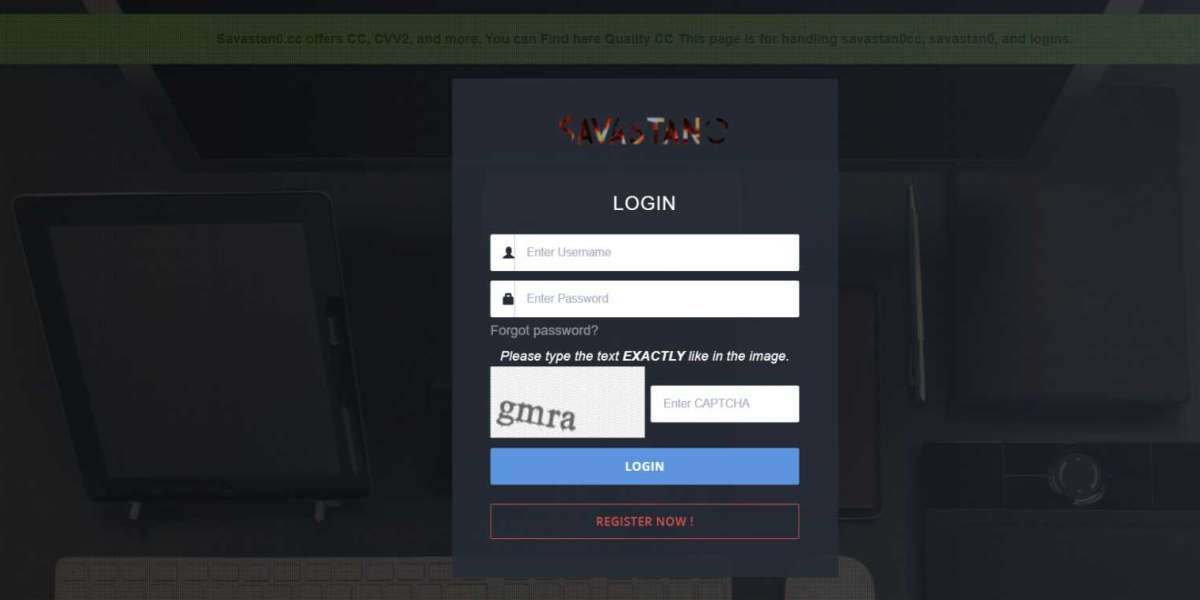In the realm of digital presence, a one-size-fits-all approach often falls short of capturing the unique essence of a brand. Enter bespoke website design—a tailored approach that aligns a website’s functionality and aesthetics with a brand’s specific needs and identity. Bespoke website design goes beyond generic templates, offering a customized experience that stands out in an increasingly crowded digital landscape.
What is Bespoke Website Design?
Bespoke website design refers to the creation of a website that is custom-built to meet the unique requirements of a business. Unlike off-the-shelf templates, bespoke designs are crafted from the ground up, ensuring that every element—from layout and graphics to functionality and user experience—is tailored to the brand’s vision and goals.
The Benefits of Bespoke Website Design
1. Unique Brand Identity
A bespoke website is designed to reflect the individuality of a brand. Every aspect, from color schemes and typography to imagery and tone, is customized to align with the brand’s identity. This uniqueness helps in differentiating the business from competitors and establishing a strong, memorable brand presence online.
2. Optimized User Experience (UX)
User experience is a critical factor in retaining visitors and converting them into customers. Bespoke website design allows for the creation of intuitive, user-friendly interfaces that cater specifically to the target audience’s preferences and behaviors. This ensures a seamless and enjoyable experience for users, increasing engagement and conversion rates.
3. Scalability and Flexibility
A bespoke website is built with the future in mind. As a business grows and evolves, the website can be easily scaled and adapted to meet new demands. Whether it’s adding new features, expanding content, or integrating with third-party services, a custom-built website offers the flexibility needed to support long-term growth.
4. Enhanced Performance
Custom websites are optimized for performance, ensuring fast loading times and smooth operation across all devices. This is crucial in today’s fast-paced digital world, where slow websites can lead to high bounce rates and lost opportunities. Bespoke designs leverage efficient coding practices and modern technologies to deliver a superior user experience.
5. SEO Advantage
Bespoke websites are built with SEO best practices integrated from the start. This includes clean code, optimized metadata, and a structure that is easy for search engines to crawl. As a result, bespoke websites often perform better in search engine rankings, driving more organic traffic and increasing visibility.
6. Security
With rising concerns over data privacy and security, a Bespoke Website Design includes robust security measures tailored to the specific needs of the business. This ensures that sensitive data is protected and that the website complies with relevant regulations, such as GDPR.
The Process of Creating a Bespoke Website
Creating a bespoke website involves several stages, each focused on delivering a custom solution that aligns with the client’s objectives.
1. Discovery and Planning
The process begins with a thorough discovery phase, where designers and developers work closely with the client to understand their goals, target audience, and unique selling points. This stage involves detailed planning and the creation of a project roadmap.
2. Design and Prototyping
Based on the insights gathered during the discovery phase, designers create wireframes and prototypes that outline the website’s structure and layout. These prototypes are refined through client feedback to ensure they meet the desired specifications.
3. Development
Once the design is approved, developers bring the website to life using clean, efficient code. This stage involves building the front-end and back-end functionalities, integrating third-party services, and ensuring that the website is responsive across all devices.
4. Testing and Launch
Before the website goes live, it undergoes rigorous testing to identify and fix any issues. This includes usability testing, performance testing, and security assessments. Once everything is in order, the website is launched and made accessible to the public.
5. Maintenance and Support
Post-launch, bespoke website design services often include ongoing maintenance and support. This ensures that the website remains up-to-date, secure, and performs optimally as the business grows and evolves.
Conclusion
Bespoke website design offers a tailored solution that goes beyond the limitations of generic templates. By focusing on unique brand identity, optimized user experience, scalability, and performance, bespoke websites provide businesses with a powerful tool to stand out in the digital marketplace. The investment in a custom-built website pays off through enhanced engagement, better SEO performance, and a robust online presence that drives long-term success.
Visit Us: https://www.a1jinternational.










